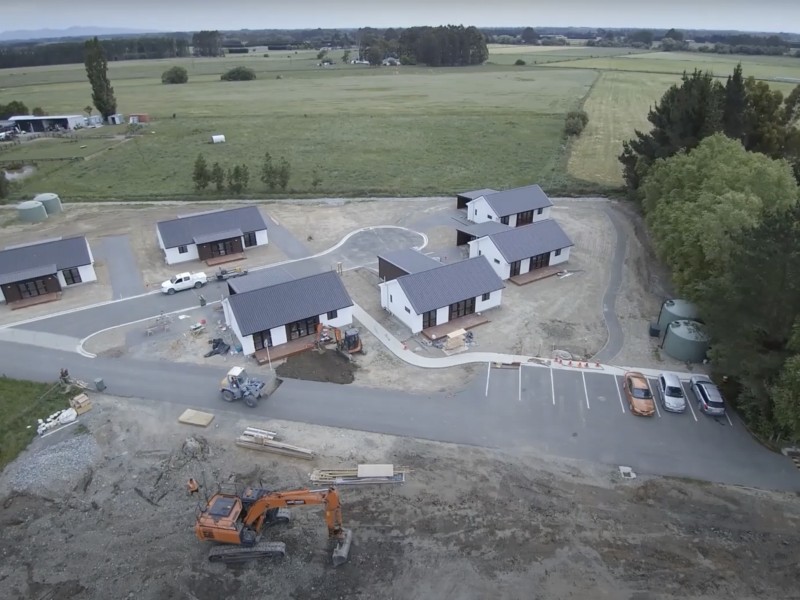The Māori reserve in Tuahiwi was set aside as a place of housing for those who come from the North Canterbury sub-tribe, Ngāi Tūāhuriri.
In 1968 the Rangiora County Council prohibited the people of Ngāi Tūāhuriri from building on their lands by a regulation that said one house every 10 acres, but the people were only allocated 14 acres.
Ūpoko (chief) of the Te Ngāi Tūāhuriri Rūnanga, TeMaire Tau says as a result people had to move into Rangiora, Woodend, Kaiapoi and Christchurch.
"The real reason the County Council stopped the people was because Pākehā farmers needed more hay.
"If you look at Tuahiwi now you will see that in the summer and autumn the lands are being baled by Pākehā farmers."
His father, the previous chief, Henare Rakiihia Tau (Rik) originally started working on the matter with Makarini Pitama in 1978.
Back then the hapū (sub-tribe) were allowed to build through to 2000, but were stopped again by Waimakariri District Council.
It took Ngāi Tūāhuriri from 2005 to 2014 for regulations to change.
Rik sadly passed away in 2014, but before his passing he set up the Mana Waitaha Charitable Trust to get things through after the earthquake.
By 2014 the regulations stated that they could build seven houses on sections depending on the size.
Following the regulation change the Waimakariri District Council helped with the water and sewerage as the houses were to be a test trial on actually building.


